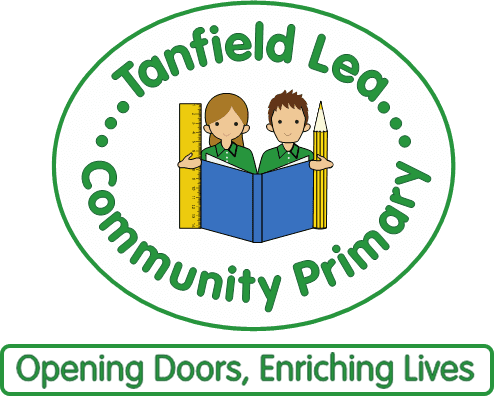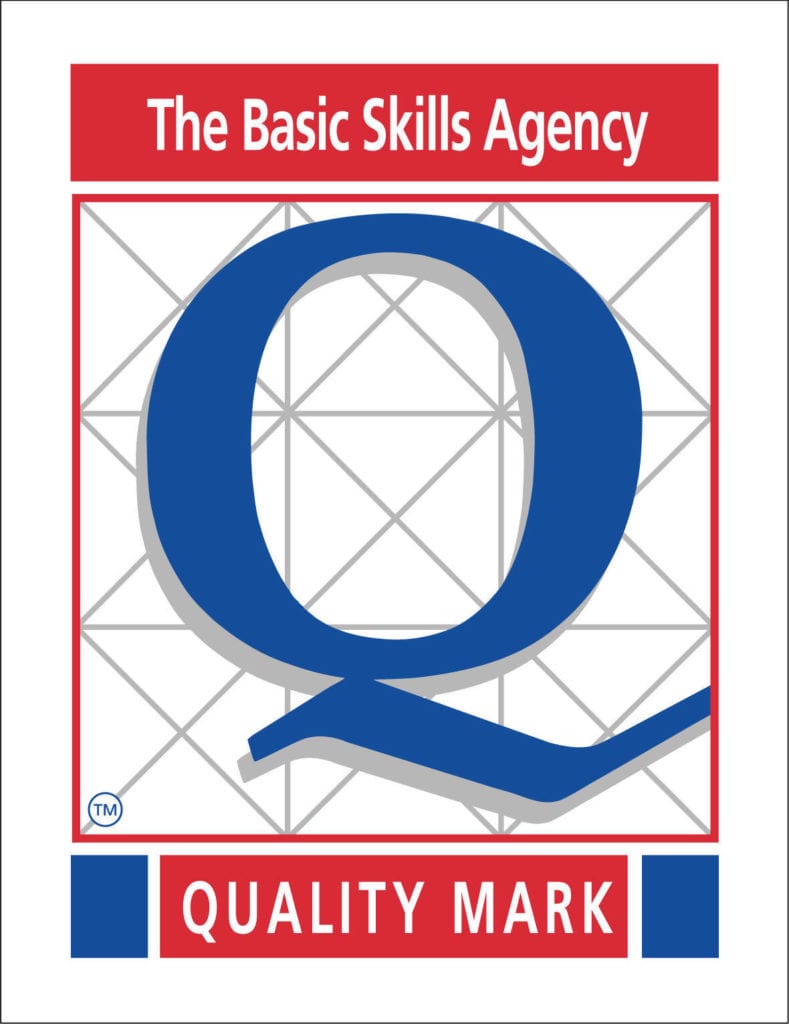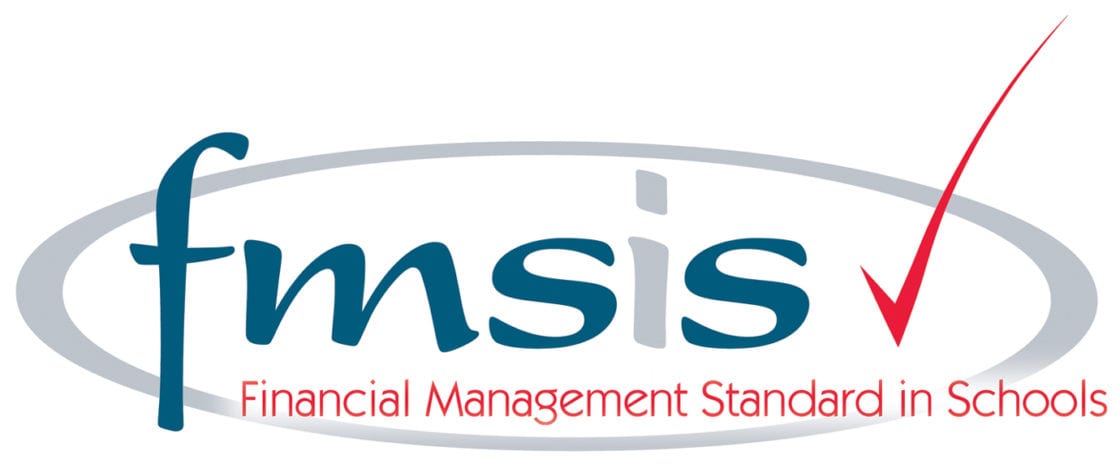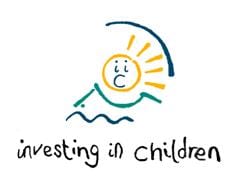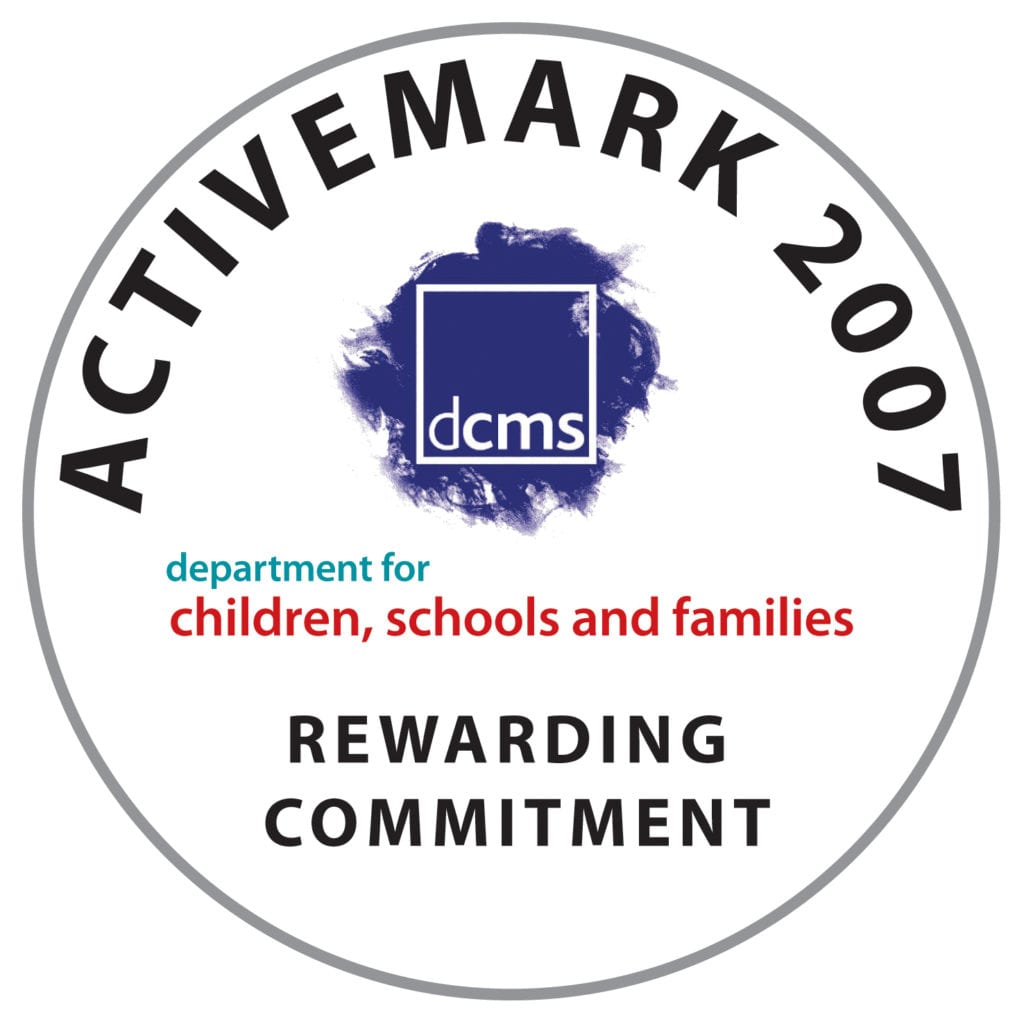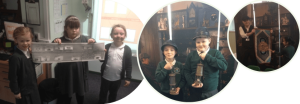
At Tanfield Lea Community Primary we believe that a high-quality History education will help pupils gain a coherent knowledge and understanding of Britain’s past and that of the wider world. We believe the study of History helps pupils to understand the complexity of people’s lives, the process of change and the diversity of societies as well as the relationships between different groups. We also feel that through History, children gain a sense of their own identity. Therefore, we want to inspire pupils’ curiosity in order that they ask perceptive questions, think critically, discuss evidence and develop perspective and judgement in order to know more about key periods in the past.
In our school the children being their academic journey from mixed starting points with diverse life experiences. Our curriculum develops Historical knowledge and skills that are progressive. For example, the understanding of historical concepts such as chronology are taught from the Early Years through exploring families and, in particular, the birth of a new child. Skills are also taught to be transferable and cross-curricular. Because of this, we feel it is important for the subject to be taught discretely as well as incorporated within other curriculum subjects such as English and Art. We believe we are preparing and equipping our children with the tools to study History not only as they move to Key Stage 3 but to a high standard, including University. At Tanfield Lea we believe that learning History well allows children to aspire to and realise career paths which include journalism, teaching, museum and library services, law and archaeology.
Through topics such as ‘Tommy Armstrong- The Pitman Poet’ and the ‘Lambton Worm’, we are drawing upon our local mining heritage and through this we hope to develop historical knowledge and understanding of our immediate locality. We want our children to acknowledge the achievements and impact of civilisations and cultures across the wider world such as the Maya and ancient Egyptians. We also want them to understand the political, demographic, religious and economic causes and consequences of conquest from invaders such as the Romans and the Anglo-Saxons. The study of history also encompasses topics related to significant individuals which supports the drive to develop a curiosity of people in the past. Children investigate the impact and legacy of historical characters such as Alfred the Great, Samuel Pepys, Florence Nightingale, Tommy Armstrong and Neil Armstrong, as well as learning to identify similarities and differences between ways of life in different time periods.
Additionally, from Early Years onwards our children develop a greater understanding of historical terminology such as archaeology, artefact, chronology, cause and consequence so they can make comparative observations of different historical periods, people or events and discuss the resulting impact upon a society or nation. The teaching of such historical terminology is developed progressively from EYFS to KS2, with key historical concepts such as chronology, similarity and difference, continuity and change, cause and consequence and significance being recurrent themes. Likewise, key historical vocabulary introduced in Early Years is revisited, repeated, consolidated, embedded and applied as our children move through the school.
History units are studied in half-termly blocks. Key Stage One following a yearly cycle while due to a range of cohort sizes and mixed year groups, Key Stage Two follow a two year cycle. Topics are organised progressively and teachers plan creative lessons which inspire and engage our children while differentiation and scaffolding is provided to ensure that lessons are accessible to all.
The topic opener sheet sets the unit within a wider historical context and it is used to underpin the unit’s focus, explicitly teaching the key vocabulary, historical context and themes from that unit. It also informs the teacher about children’s prior historical knowledge and allows children to demonstrate newly acquired knowledge and skills throughout a unit.
Our History curriculum is also enriched by visits to Newcastle to reinforce the Industrial Revolution topic, the Great North Museum, Durham Cathedral and Eden Camp. We also draw upon the valuable local expertise of Beamish Museum’s outreach service, Mini Medics and the Fire Service to support historical knowledge and give our children an awareness of the wider world.
The subject coordinator evaluates if children are working at the required standard via work scrutiny, lesson observations, discussion with colleagues, network meetings and in house professional training.
In order that children are prepared for the next step in their education, the subject coordinator has developed the school’s History Progression map (see below) and has also attended termly Humanities network meetings to gather and share resources, supported colleagues in their planning and resourcing of year group topics and met the County History Advisor to ensure that the topics taught are relevant, exciting and enriching.
Subject Area Progression Maps
History Curriculum Progression Document
Adobe Reader
You may need a product like Adobe Reader (free download) to view our PDF documents on our website.
